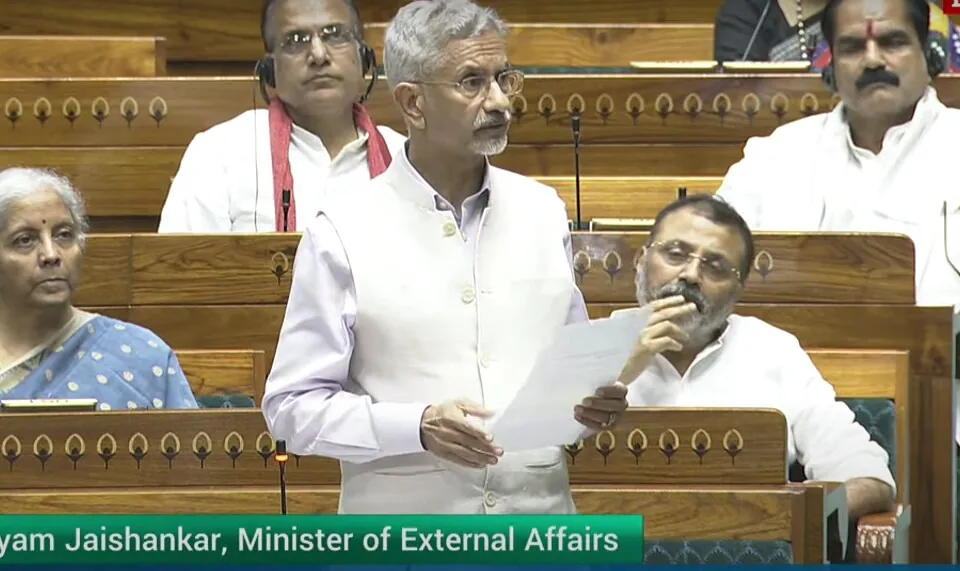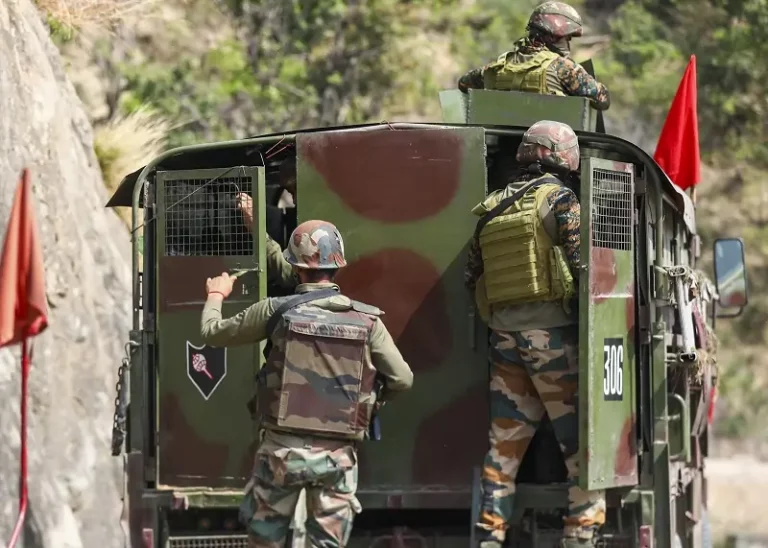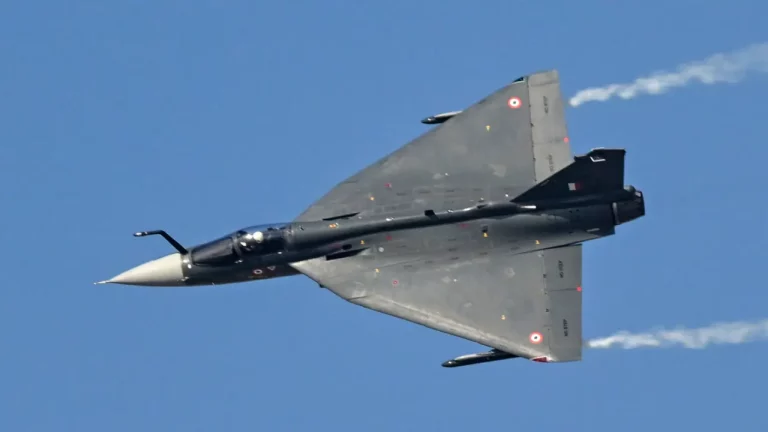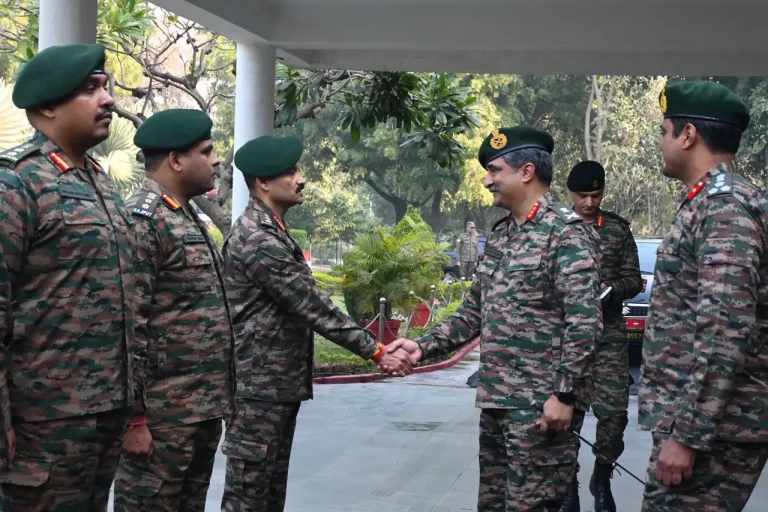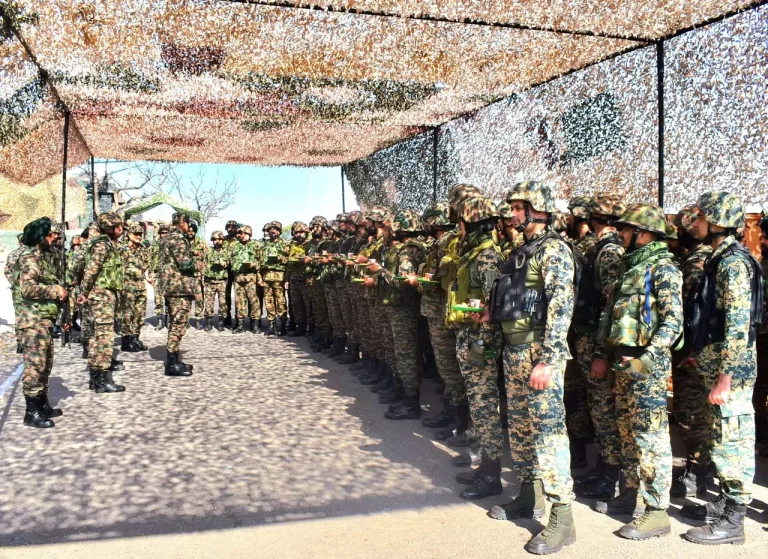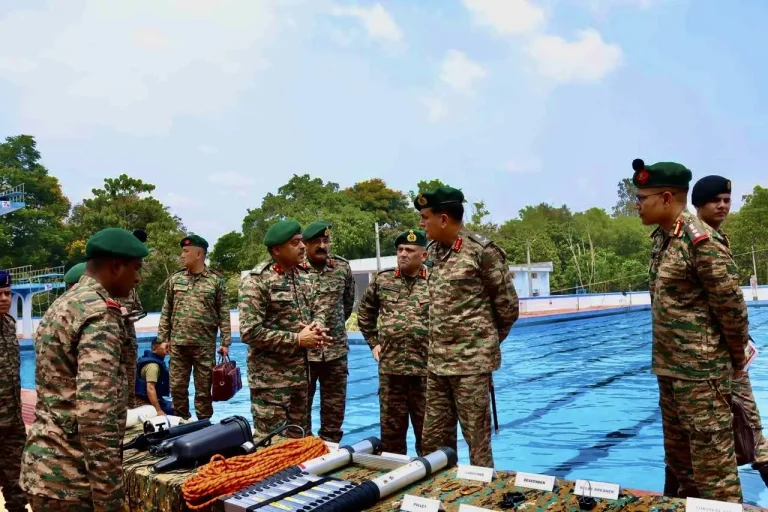India’s External Affairs Minister Dr. S. Jaishankar presented a significant update in Parliament regarding the international response to Operation Sindoor, the military operation conducted in retaliation for the Pahalgam terror attack on April 22, which resulted in the deaths of 26 civilians. This high-profile revelation was made during an intense Lok Sabha debate, underscoring a critical juncture in India’s diplomatic engagement against cross-border terrorism.
Launched in the early hours of May 7, Operation Sindoor involved precise air and missile strikes targeting nine terror camps located in Pakistan and Pakistan-occupied Kashmir. Reports indicate that over 70 militants were neutralized during this operation, which showcased India’s advanced military capabilities, featuring Rafale and Mirage 2000 jets, BrahMos cruise missiles, and surveillance drones. Following the successful execution of the operation, Pakistan initiated a ceasefire via the Director General of Military Operations (DGMO) hotline by May 9, which India accepted, asserting that its objectives had been satisfactorily achieved.
Dr. Jaishankar emphasized India’s proactive diplomatic efforts, noting that the country engaged in “anticipatory diplomacy” across 32 global capitals and within significant United Nations circles to mitigate potential backlash against its actions. This strategic maneuvering resulted in a noteworthy outcome during an emergency session of the UN General Assembly called at Pakistan’s request, where only three nations, besides Pakistan, expressed objections to India’s military actions. These nations are believed to be China, Turkey, and Iran, although the Indian government has not officially confirmed their identities.
Highlighting the diplomatic success, Jaishankar stated, “Of the 190 countries represented that day, barring Pakistan and three others, no one accepted Islamabad’s narrative.” This endorsement from the international community was bolstered by prior condemnations of the Pahalgam massacre, which facilitated India’s framing of its military response as legitimate self-defense. Countries including the United States, France, Russia, the United Kingdom, Australia, and Israel publicly supported India’s right to retaliate, while many Global South nations and BRICS members, excluding China, either remained neutral or offered tacit backing.
In framing a broader strategy, the minister outlined the five core pillars of India’s new counter-terrorism doctrine: no dialogue with terror proxies, calibrated retaliation, zero tolerance for nuclear blackmail, no peace under the shadow of terror, and a clear message that peace and terrorism cannot coexist.
While opposition parties have acknowledged the operational success, they have voiced concerns regarding transparency related to casualties and military losses. The government refuted these allegations, attributing them to misinformation propagated by Pakistani media sources. Some opposition members also raised questions about the timing of the ceasefire, hinting that continued pressure on Pakistan could have yielded further advantages.
Strategic analysts suggest that the substantial global support garnered for Operation Sindoor marks a transformative chapter in India’s counter-terrorism approach. By effectively merging military action with diplomatic foresight, India has established a significant precedent that may influence future operations. There are also expectations that this international backing will empower the Indian government to advocate for reforms in the UN Security Council and pursue more robust measures against terror networks operating from Pakistan.
